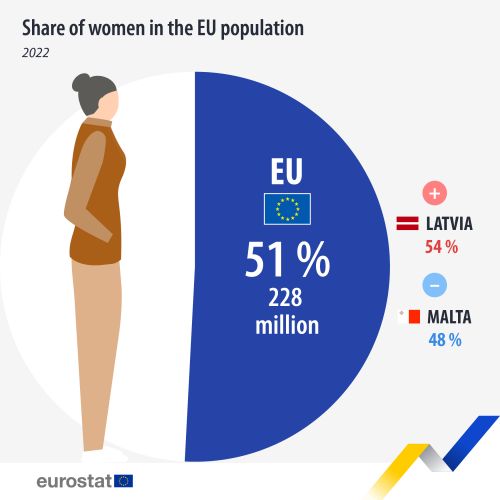A study among managers in Finland examined the management discourse around EDI. A discursive lens taken in this study means paying careful attention to the language and communication used by individuals and groups in an organization or community, and the underlying assumptions and meaning behind that communication. The study identified three different types of discourses.
The first discourse was a managerial approach to diversity management that focuses on the service-oriented aspect of leadership. Managers construct themselves as service-oriented and emphasize communication to manage various aspects of EDI. The focus is on establishing effective communication, promoting collaboration, and cultivating trust while catering to specific individual needs. Managers aim to ensure that every individual has the chance to express their voice, navigate smoothly in the organizational web of diverse cultures and individuals, and offer support, encouragement, and empowerment.
The second discourse was centred on lifelong learning and ethical engagement. Managers presented themselves as individuals dedicated to continuous learning, leveraging their experience and willingness to confess shortcomings as integral to their learning journey. It’s a path of self-improvement, requiring continual self-reflection, an understanding of one’s limitations, and challenging biases to identify and solve the underlying impediments affecting their EDI-related efforts.
The third discourse focuses on negotiating the organizational and societal space. Managers operate within their organizational and societal connections and present themselves as skilled individuals who can navigate various organizational structures and engage in transformative acts through leadership. They acknowledge that organizational and societal norms limit their actions and decisions, making EDI complex and calling for both structural and interpersonal dynamics.
The findings suggest that focusing on the unique aspects of social justice for different marginalized groups and pairing service-oriented leadership with the deep-rooted equality and legal standards in the Finnish environment results in a unique strategy that values individuality while ensuring equality and legal standards. The Finnish setting provides flexibility for managers to undertake diversity management initiatives in their environment. As EDI and diversity management do not have well-defined roles in managerial discourse, managers have generated their managerial identities through their actions. While the Finnish context demonstrates a genuine desire to adopt an inclusive approach to EDI, it shows that cultural beliefs and values have a significant impact regarding acceptable behaviors and language in EDI discourse. Despite the challenges and perceived sensitivity surrounding the topic of EDI, managers continue to engage positively in the discussions of promoting EDI.
Source: Halme, J. (2024) From Words to Actions: Challenges and Opportunities on Diversity Management in Finland. A Critical Discourse Analysis on Diversity Management and Equality, Diversity and Inclusion (EDI) Among Finnish Managers. Master’s Programme in Management and International Business. Aalto University School of Business.
This master’s thesis was conducted as part of the EDIFY-EDU project at Aalto University School of Business, Center for Knowledge and Innovation Research.






